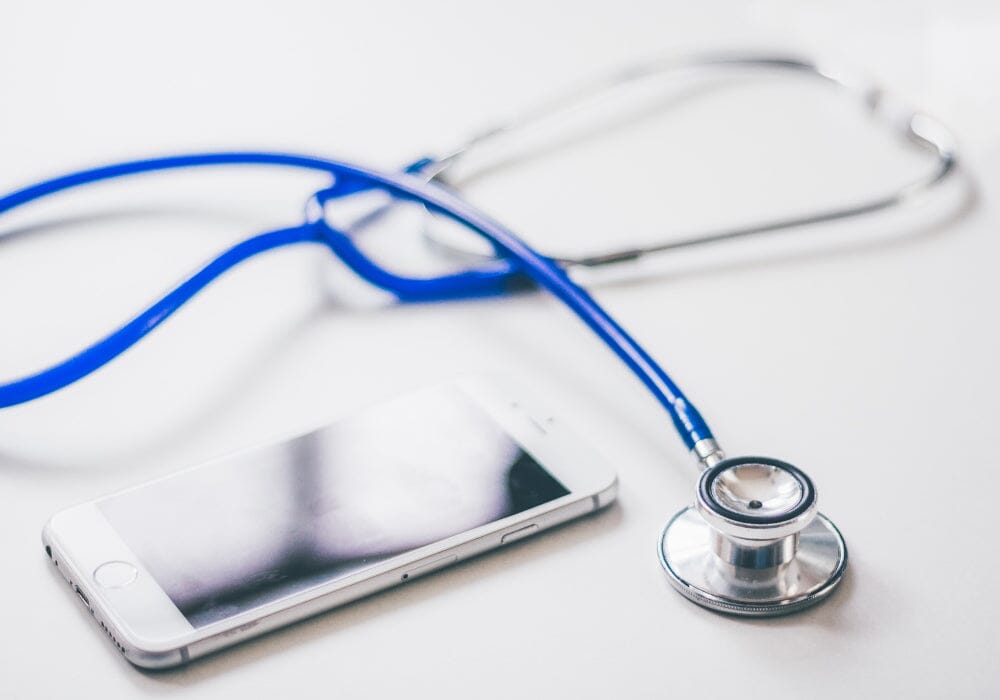Learn why testosterone is unlicensed for women in the UK, when it can be prescribed on the NHS, how to get a private prescription and where you can buy testosterone.
If you’ve heard that the hormone testosterone is a potential treatment for menopause symptoms, including low sex drive, you may be wondering if you can get it as an NHS prescription via your doctor.
Although the simple answer is yes, there’s more to it than that. Testosterone is not actually licensed as a treatment for women in the UK, or in most other countries, and GPs won’t always prescribe it themselves, even if they think you may need it.
Below, we’ll explain the ins and outs of this in more detail, as well as looking at the kinds of testosterone products that are available and where else you can get them.
The Better Gut probiotic supplements are another way to help with a range of menopause symptoms, including some of the same ones targeted by testosterone.
Visit The Better Menopause to find out more, and get 10% off your first order with the discount code WELCOME10.
How testosterone could help during menopause
Unlike other reproductive hormones such as oestrogen, your levels of testosterone are not directly linked to menopause and decline more gradually, from your mid-30s onwards. However, low testosterone often coincides with the menopause transition.
Although it’s often thought of as a ‘male’ hormone, testosterone plays important roles in many areas of women’s health that can be affected by menopause. Low testosterone at this time can therefore contribute to some of the symptoms of menopause.
Testosterone therapy is mostly prescribed for women to increase low sex drive after menopause but it may also help to improve other aspects of your sexual health, boost mood and concentration, maintain bone density and muscle mass and increase energy levels.
Is testosterone licensed for treating menopause symptoms?
In most countries, medicines are licensed for the treatment of specific health conditions in particular groups of people.
In the UK, the US and elsewhere, testosterone is licensed as a treatment for low libido in men but not for women. This means it has been through clinical trials that show it’s safe and effective for men but that equivalent trials involving women haven’t been carried out.
In Australia, a testosterone cream called AndroFeme® has now been licensed to treat low sex drive in women.
Just because testosterone is unlicensed for treating women in the UK, it doesn’t mean you can’t get it on prescription. Your doctor can still prescribe unlicensed medicines in line with certain guidelines.
How the NHS prescribes testosterone for women during menopause
Although testosterone is unlicensed for treating menopause symptoms, it can be effective and is generally considered to be safe, so the NHS says doctors can choose to prescribe it.
If you think testosterone might help you, talk to your GP. But be aware that not all GPs will feel comfortable prescribing an unlicensed medicine. In this case, your GP may refer you to a specialist who will decide whether to prescribe testosterone.
Once you have a prescription in place and your dosage has been set, your prescription can be transferred to your GP and you can get it via your local pharmacy.
You’ll generally be prescribed testosterone together with standard hormone replacement therapy (HRT), which replenishes hormones like oestrogen and progesterone. Testosterone tends to work better alongside HRT. It may also reduce potential side effects, although these are rare.
Testosterone is usually only prescribed if:
- you’ve been through menopause
- you have low sex drive
- standard HRT alone hasn’t worked
What form of testosterone will you be prescribed?
Testosterone medicines prescribed for menopausal women usually come in a form that’s absorbed through your skin. In the UK, that generally means a gel that you rub into your skin, but there are also testosterone creams and skin patches that work in the same way.
If you’re prescribed testosterone on the NHS, it’s most likely to be a gel pump called Tostran® or a sachet of gel called Testogel®. You may also be offered Testim®, a gel that comes in a tube.
These are all products licensed for the treatment of men with low libido. Women need to take much less testosterone than men to stay within their normal ranges. Your doctor will explain how much you need to take, which will be different to the instructions that normally come with the product when it’s prescribed for men.
Online testosterone prescriptions
You may also be able to get a prescription for the testosterone cream AndroFeme® – licensed for use by women in Australia – from an online pharmacy in the UK.
A doctor will decide whether to prescribe AndroFeme® after an online consultation. However, private prescriptions like this are much more expensive than NHS prescriptions.
You can buy testosterone gel products like Testogel® from online pharmacies too. You’ll need to complete a questionnaire, which a doctor will review.
Testogel® is cheaper than AndroFeme® but before it’s prescribed, you’ll also need to buy a testosterone test kit and take a test to make sure it’s safe for you.
How long does testosterone take to work for women?
Taking testosterone doesn’t work for all menopausal women. If it does work, it could be several weeks or even months before you begin to notice the benefits. Your doctor will generally review your progress at 3–6 months.
If you haven’t seen an improvement in your symptoms after 6 months, it’s unlikely that testosterone therapy will help you.
Does testosterone have side effects for women?
Testosterone rarely has side effects, as long as you stick to the prescribed dose. This will keep your testosterone levels within the normal range.
Occasional side effects of testosterone therapy include:
- increased facial or body hair
- acne or oily skin
- weight gain
Some even less common adverse reactions, which can happen after a large dose of testosterone, include a deeper voice and hair loss due to alopecia.
Do all women with low testosterone need testosterone therapy?
No. Many women whose blood tests show that they have low testosterone levels don’t experience any related symptoms. If that’s the case for you, you won’t need to take testosterone.
Doctors are advised not to prescribe testosterone on the basis of a blood test alone. In fact, they’re more likely to make a diagnosis based on your symptoms, which could include:
- reduced sex drive
- tiredness / low energy
- difficulty concentrating
- headaches
- low mood
Summary
Testosterone is not licensed to treat menopausal women in the UK, US or elsewhere, only in Australia. However, your GP can still choose to prescribe it for you, or could refer you to a specialist doctor.
You’ll generally only be prescribed testosterone if you’ve been through menopause and have low sex drive. If you do get a prescription, you’ll probably need to take standard HRT as well.
Testosterone products prescribed by the NHS usually come as gels.
You can get a private prescription for the testosterone cream AndroFeme® from an online pharmacy. Some online pharmacies also sell testosterone gels.
Testosterone is usually prescribed for women with low sex drive but it may also improve other menopause symptoms.
The specially chosen friendly bacteria in The Better Gut probiotic supplements can help with a range of perimenopause and menopause symptoms, including many of those targeted by testosterone.
For more information, and 10% off your first order, visit The Better Menopause and use the discount code WELCOME10.









